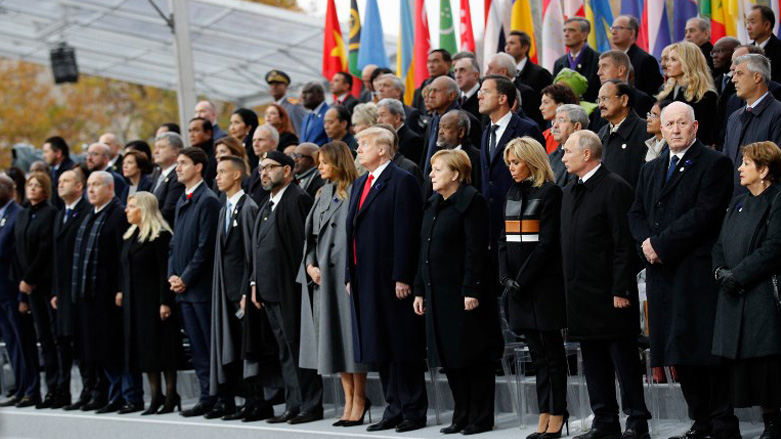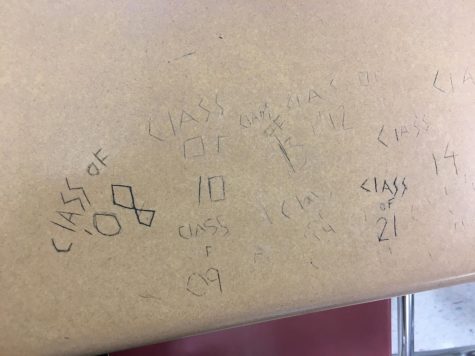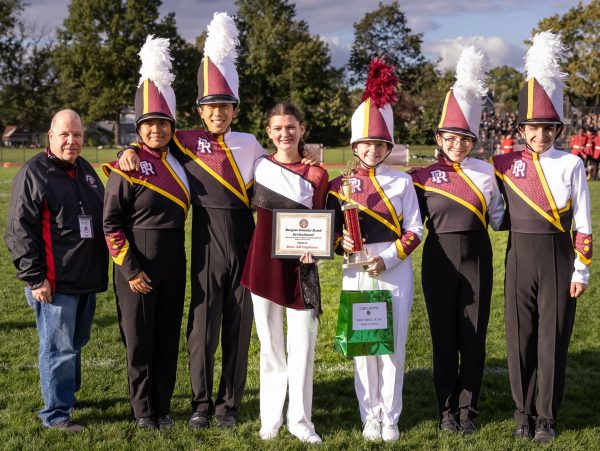History Teachers Voice Their Opinions On the Significance of WWI, 100 Years Later
100 years ago – on November 11,1918, at the 11th hour on the 11th day of the 11th month millions of men laid down their guns, ending the “War to end all wars.” Throughout the years, people have questioned the teaching of history and even more specifically, WWI. Our memory of historical events, especially wars, can influence our behavior and our choices in the future. This is what makes how we remember so pivotal – do we remember World War I for its grueling, horrific battlefield experience, or do we remember World War I for its surge in patriotism and victory in Europe. Do we refer to World War I, 100 years later, as a success or a failure? This battle, the battle of memory, is still being waged in our classrooms. We decided to reach out to the Social Studies department for commentary on the war, and its significance to us today. In response, three of the PRHS history teachers shared their opinion of WWI and why its memory is a crucial one for our country and our world today.
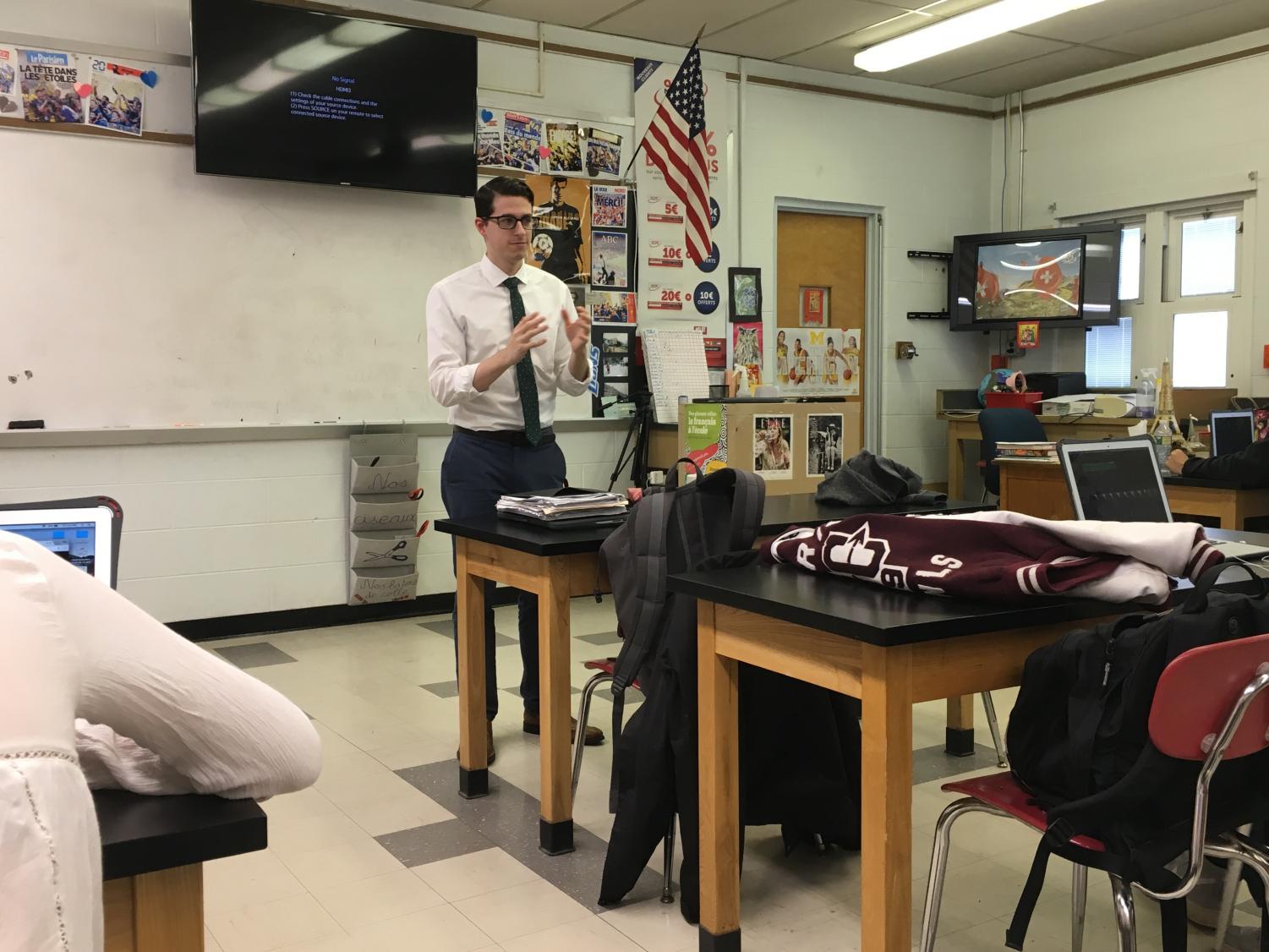
Mr. Andresen has spent his four years in the high school teaching World Cultures and US History I. His commentary focused primarily on the hard work required to avoid conflict. “WWI is such a valuable historical topic to be explored. It is so interesting to see the Centennial in Europe take place as those countries, who fought in World War I, experience closer ties and unity. It also comes at a critical moment. World War I saw the collapse of democracies, the restriction of civil rights, the conflicts over nationalism and identity, and expansionist aggression – the world is currently grappling with all of these issues and more. I am always reminded of the fact that there existed a full month between the assassination of Archduke Franz Ferdinand and the mobilization of armies across Europe. There came a point when the leaders of the world stopped negotiating to avoid war, and resigned themselves to the conflagration of war. It serves as a crucial reminder that war does not resolve global issues and that peace must be preserved.”
Mr. Fogarty, our AP US History and US History II teacher, responded saying, “The Great War remains a crucial topic for numerous reasons, one of which is that nations need to realize that a relatively minor incident could have catastrophic results if leaders are lacking the self-discipline and restraint needed in dealing with international tensions.” Just as Mr. Andresen shared his thoughts on the period of negotiation that led to war, so too did Mr. Fogarty point out the inability of world leaders to preserve peace.

Mrs. Epstein, our Psychology and World Cultures teacher, replied on the tragedy of the war by saying, “This past year marks the 100th anniversary of the end of the war. That makes this time a great opportunity to discuss the topic. WWI is the first truly Global Conflict that utilized weapons of “mass destruction” an entire generation was lost in Europe and the goal was to avoid another conflict like it. Unfortunately, we know that this was not the case as WWII followed only a few decades later.”
All three history teachers unanimously agreed that WWI is not a war to forget. This was the first world war and mistakes were made by the opposing sides. These include valuable lessons to be learned. This led to the second question which was, “What lessons do they provide for us?”
Mr. Andersen commented saying, “The memory of WWI is closely linked to authoritarianism. It is preceded by a rising tide of authoritarian regimes around the world, and WWI’s legacy is closely tied to its fallout – the collapse of fledgling democracies in Europe. WWI reminds us that democracy must be fought for and preserved. It also warns us that, under the right conditions and with the best intentions, people can allow governments to stumble further into authoritarian practices.”
Mr. Fogarty provided another good point about prevented conflict, saying, “Perhaps the most critical lesson is the need for diplomacy and cooperative peacekeeping efforts. While organizations like the United Nations and NATO can seem frustrating and cumbersome at times, they are our greatest hope in maintaining peace, and we need to remember that since their founding in the 1940s, we have thus far avoided a third World War.
Mrs. Epstein explained that “The main lesson I see is that we need to know history to learn from history. We need to understand the human condition and how it lends itself to conflict. We need to understand this so we can avoid it leading to global conflict. We need to learn that as a human society we must look out for one another otherwise conflict will inevitably ensue.”
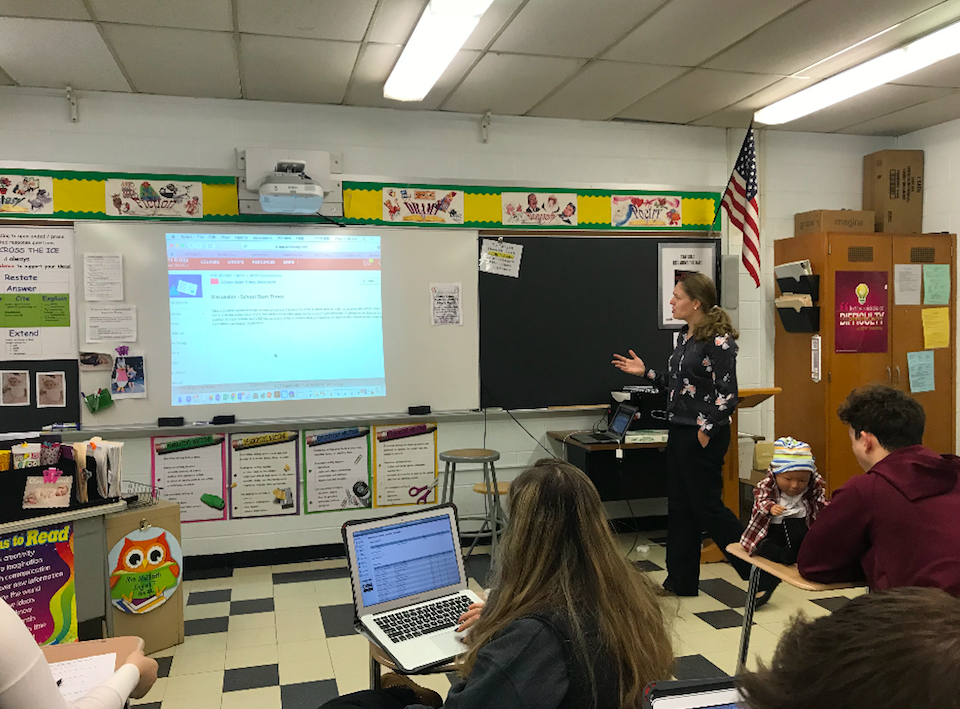
The three history teachers explained that WWI reinforces the need to preserve democracy, diplomatic cooperation, and peacekeeping efforts. The point of teaching any war is that we can avoid another war with similar problems and learn from mistakes that were made. WWI is not a war to be forgotten – next time your history class focuses on the Great War, think about the lessons we may carry with us into the future.

